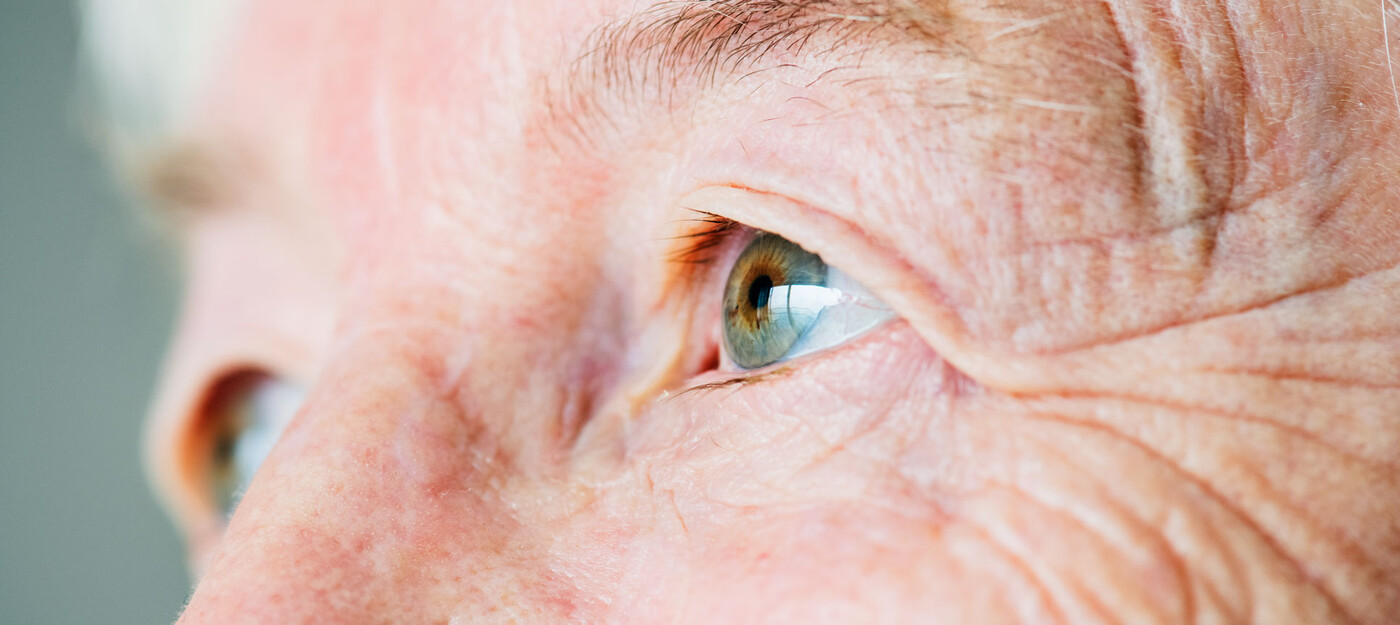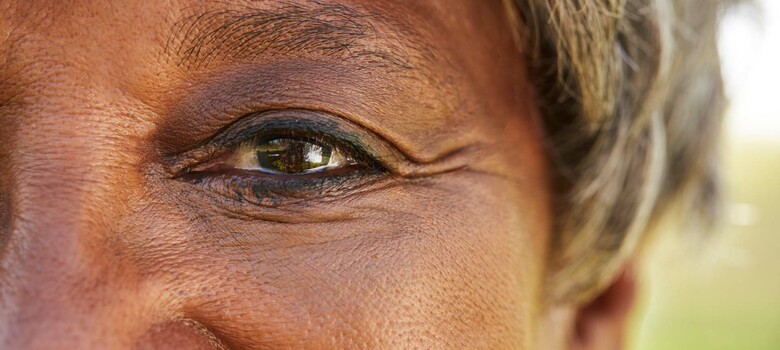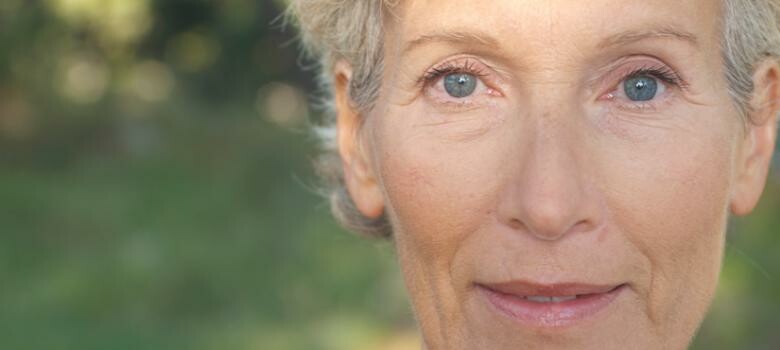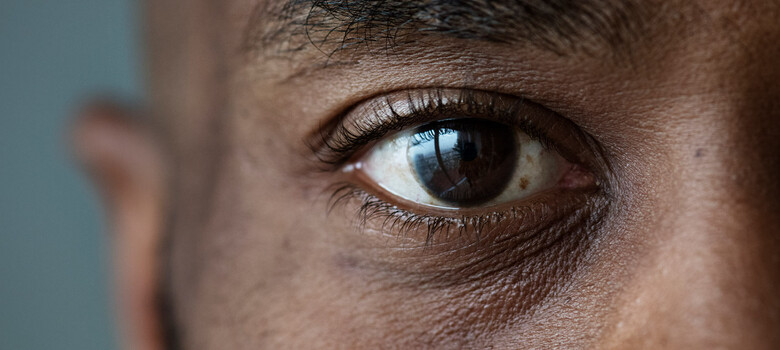Do I Really Need Cataract Surgery?

A cataract occurs when the normally clear lens inside your eye becomes cloudy. For many, this happens with age, but certain medications, diseases, and trauma can also cause them. When a cataract interferes with your daily activities, it may be time to talk to your eye doctor about surgery.
Here Amber Hoang, MD, a corneal specialist at Duke, answers common questions about cataracts and cataract surgery.
How do I know if I have cataracts?
Most cataracts develop slowly and don't cause noticeable problems with your eyesight early on. With time, your vision can become cloudy, you may struggle to read especially in low light, and you may see halos or glare around lights. An ophthalmologist can confirm that you have cataracts. They will test your vision and dilate your eyes to determine the density of your cataract.
When is cataract surgery necessary?
When impaired vision from cataracts affects your ability to carry out daily activities -- for instance, driving or reading the newspaper -- your best option is cataract surgery to remove the cataract and replace it with an intraocular lens to permanently correct your vision.
Is there anything I can do to prevent cataracts?
While nothing can be done to prevent cataracts, you may be able to slow their progression by protecting your eyes from sunlight and managing underlying conditions like diabetes. Cataracts cannot be reversed, so when they interfere with everyday activities, surgery will be required to restore your vision.
What happens if cataracts are left untreated?
Untreated cataracts will eventually block light from entering the eye and result in a loss of vision. Worldwide, they are the leading cause of blindness.
Is it common to have cataracts in both eyes?
In most cases, cataracts occur in both eyes, although vision in one eye may be worse than in the other. If injury or disease has affected just one eye, then a cataract can develop in that eye only.
Can you have cataracts removed in both eyes at the same time?
If you have cataracts in both eyes, surgery is performed on the most severely affected eye first. One to two weeks later, you can have surgery on your other eye. This allows the first eye to recover and your vision in that eye to stabilize before surgery on your other eye.
How is cataract surgery performed?
A small incision is made along the side of the cornea. Your clouded lens is removed through the opening and replaced by a clear artificial lens. The incision heals on its own without any stitches. Cataract surgery can be performed two ways: in traditional surgery, your eye surgeon makes incisions with a thin blade; in laser-assisted cataract surgery, your surgeon uses a laser to make the incisions.
Is cataract surgery covered by insurance?
Traditional cataract surgery with monofocal replacement lenses -- which correct either near or far vision -- is covered by insurance. Other lens options are not covered and come with an out-of-pocket cost. Laser-assisted surgery is not covered by insurance and costs $1000 per eye.
Is laser-assisted surgery worth the cost?
Laser-assisted surgery adds an extra layer of safety and precision and is particularly useful for correcting astigmatism, aligning an astigmatism-correcting lens -- called a toric lens, or removing a dense cataract. It can help more precisely correct astigmatism so you are less dependent on glasses.
How long does cataract surgery take?
Cataract surgery is an outpatient procedure, meaning you will go home the same day. The surgery itself takes 10 to 15 minutes, but you’ll spend two or three hours at the surgery center. This allows time to prepare for surgery and to recover afterward.
How long does it take for vision to clear after cataract surgery?
Most people notice better vision the same day and can return to most normal activities almost immediately. Complete healing takes four to six weeks.
What are the risks of cataract surgery?
Complications are extremely rare. The most common risk is for infection. Avoid hot tubs and swimming for a month until your eye heals. Other potential problems include retinal detachment and loss of vision, but again, these are rare.




